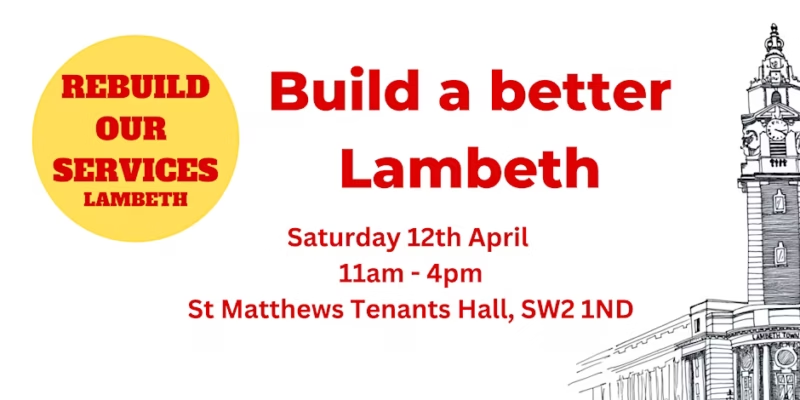Troy Davis: murdered by the state of Georgia
 The state of Georgia has carried out a modern day lynching,, writes Jeff Albertson
The state of Georgia has carried out a modern day lynching,, writes Jeff Albertson
TROY DAVIS was put to death at 11pm on 21 September as family, friends, and hundreds of supporters held vigil outside. Outside the United States, many more waited, hoping he would be given a last-minute reprieve. He received none.
This was the fourth and final attempt on Davis’ life. On previous occasions, the courts came under massive public pressure to stay his execution, including protests from the Pope and even from pro-death penalty former FBI director William S. Sessions.
When the State Supreme Court of Georgia and then the US Supreme Court denied Davis’ request for another stay of execution, more than 630,000 signed a petition demanding clemency, including former US president Jimmy Carter, Al Sharpton, Desmond Tutu, and 51 members of Congress.
Troy Davis had so much support by this time because the original murder case against him had completely fallen apart. Key witnesses in the 1989 shooting of off-duty police officer Mark MacPhail for which Davis was convicted of later changed all or part of their testimony. Many said they were coerced by the police to testify against him, and there was never any DNA evidence that could link Davis to the scene.
Legislation barring death-row inmates from bringing new evidence, that could have been presented at trial, ruled out a new hearing, one that could have proved Davis’ innocence. As far as the courts were concerned, a black man had been found who could be blamed for shooting a white policeman.
This is where the racist nature of the US justice system comes in. The raising and surfacing of doubts and inconsistencies, the examination of the mishandling and corruption of investigations – crucial aspects of any legal proceeding under “normal” circumstances – become completely incidental when black males are accused of murder.
This is especially true when a white policeman is the victim, the case of Mumia Abu-Jamal being another high-profile example. There are many more. Despite making up 12.6 per cent of the US population, blacks constitute roughly 41 per cent of those awaiting state-sponsored murder on death row.
Worse still, the majority of people since 1974 initially convicted of a capital crime and later found to be innocent were black. In the last 40 years, 138 people on death row were later found to be innocent of the crimes they were convicted of. It is testament to the racist character of the capitalist state’s justice system that it is so quick to sentence so many black males to death when evidence of their innocence is readily available.
Does this not reveal plainly the flaws inherent in the use of capital punishment as a deterrent and “executor” of justice? One sickening, inescapable thought cannot be shut out: how many more have been consigned to death without cause? People who never had a campaign to defend them, or a crusading lawyer to fight their corner, who were murdered to serve the popular perception that justice was done, and that the guilty were punished?
We will probably never know the answer.
Legacy
In Britain today many people are calling for the reinstatement of the death penalty. Troy Davis is proof of the abuses that can happen when people are condemned to death. He was convicted of killing a police officer despite the fact it was impossible to prove his guilt beyond reasonable doubt. We are all innocent until proven guilty, yet Davis was murdered with less evidence than someone prosecuted for a traffic offence. We unreservedly oppose the death penalty.
In a note that Davis wrote just before his death, he urged people to keep fighting. “There are so many more Troy Davis’. This fight to end the death penalty is not won or lost through me but through our strength to move forward and save every innocent person in captivity around the globe. We need to dismantle this unjust system city by city, state by state, and country by country.”
That would be the best way to honour the life and memory of Troy Davis.






